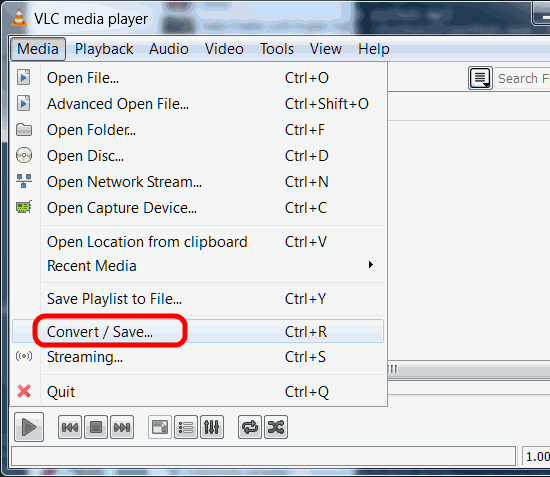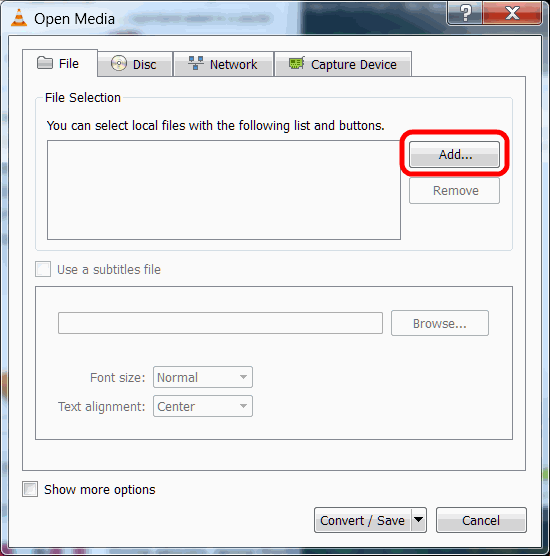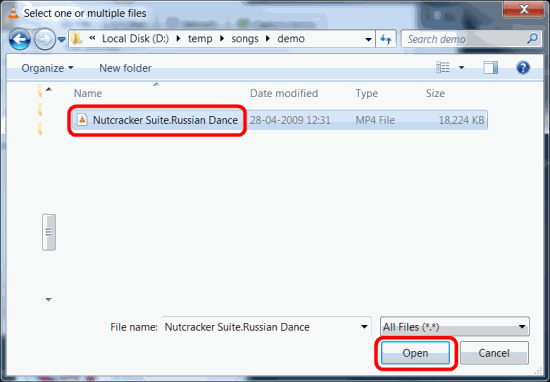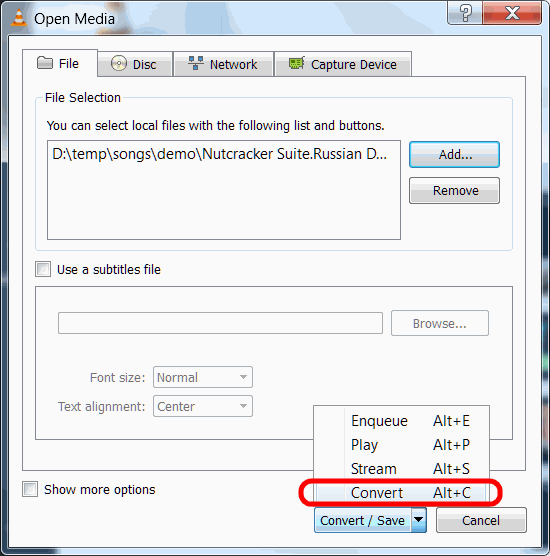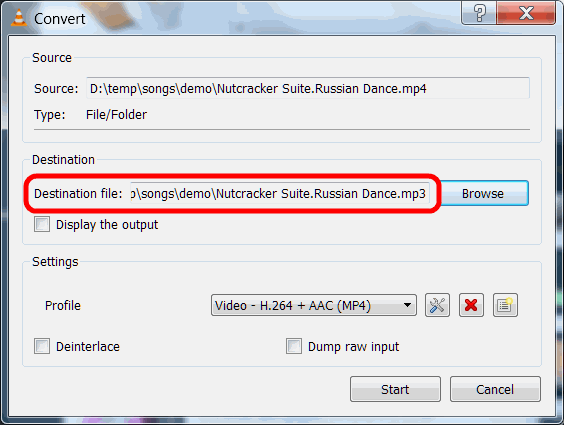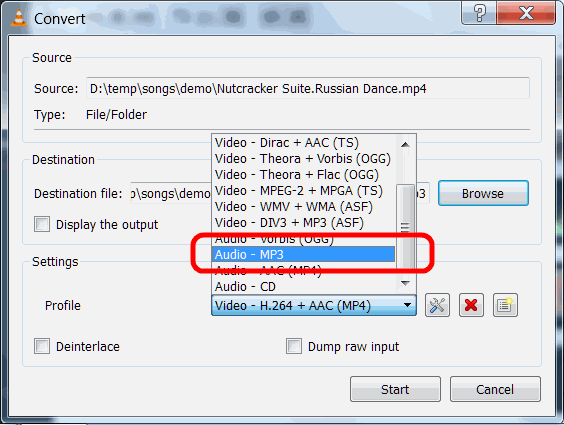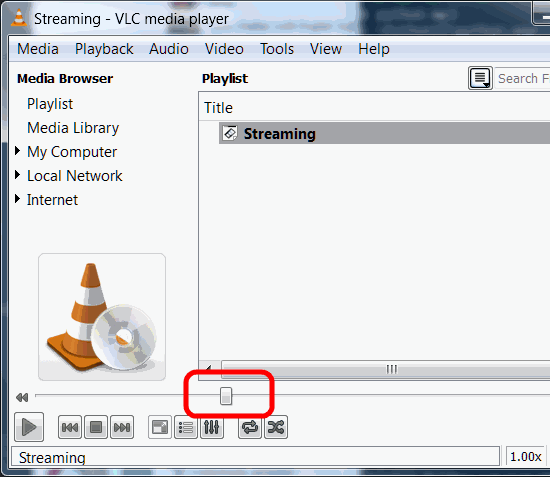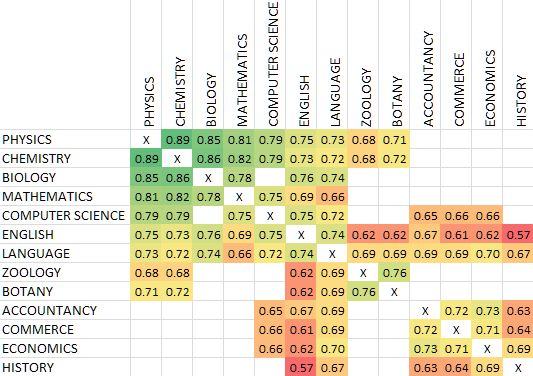I’m writing this post on a one-way flight from London back to India. I’ve moved on from Infosys Consulting, and am starting up on my own.
I’ve wanted to do this for a long time. There’s always more freedom in your own company than someone else’s. There’s often more money in it too, if you’re lucky enough. But my upbringing is a bit too conservative to make that bold step. However, given that my father runs his own firm, I figured it was just a question of time for me to do the same.
Two years ago, in Jan 2010, I picked up Rashmi Bansal’s Stay Hungry Stay Foolish at an airport. That book killed the last bit of resistance I had. If the people in that book could succeed, I felt I could too. And if what they did (building small companies, not huge ones) could be called a success, I could be successful too.
After the flight, it was clear in my mind. I would be an entrepreneur. I would create a small company that would probably fold. Then I’d do it again. And again, 10 times, because 1 in 10 companies survive. And finally, I’d be running a small business that’d be called successful by virtue of having survived. A modest, achievable ambition that I had the courage for.
I usually make big decisions without analysis, by just sleeping over them. I slept over it and announced it to my family the next day. I’m not sure they believed me.
Two months later, along with a friend, I built a dynamic digital image resizing product. We had our wives start a company in the UK, and tried selling it to retailers. There clearly was a demand. The problem was, we didn’t know how to sell. After a year and having spent £500 with no sales, it was clear to us that venture #1 had failed. We eventually shut it down.
In the middle of this, my ex- boss from IBM told me that he was looking to start a venture, focusing on mobile, rural BPO and energy management. This later on changed to data analytics and visualisation. They all sounded like fun, so I said I’ll help out in my spare time.
A few months later, a classmate told me he’d started a business digitising school report cards. That sounded like fun too, so I said I’d help out in my spare time.
Now, if that sounds like I had a lot of spare time on my hands — you’re right, I did. And it’s time to talk about the jobs in my life. My first 3 years at IBM were fun. I was coding, learning, and leading a bachelor’s life with friends, money, and no responsibilities. My 4 years at BCG were strenuous with 80-hour weeks, but it was interesting and challenging. I was newly married, and between work and home responsibilities, I had no time for fun.
I moved to Infosys Consulting in the UK with the specific aim of rectifying that (and for health reasons as well). In the last 7 years, the work has (except on occasion) been a bit boring, but very relaxing. On most days, I would spend 4 hours working, and 4 hours learning new stuff. The things I learnt only helped me be more efficient. So I ended up getting even more work done in less time.
Many things came out of this. Firstly, I recovered my health. We had a daughter, and I spent more time with her. I started coding in earnest again. By 2007, I was writing code as part of my projects — stuff that others whose job it was were unable to. By 2009, I had a few websites running, like an Indian music search engine, an IMDb Top 250 tracker, a few transliterators, and so on.
So when I said I’d help out with these startups, it wasn’t an empty promise. For the last 18 months, I’ve had a day job and three night jobs. I never did justice to any of them in my opinion, but I had more fun than ever in my life, I learnt more than ever in my life, and I produced more tangible output than ever in my life. Sometimes, quantity beats quality or reliability.
Both these startups are doing well today. Gramener.com offers data visualisation and IT services. I will be joining them as Chief Data Scientist. Reportbee.com offers a hosted report card solution. I will continue helping them out. And I will continue working with a few NGOs.
You’ll see me a lot more active online now. I can publicly write about my work — something I’ve been unable to do the last 11 years.
I am relocating to Bangalore. From a professional front, it’s an obvious choice. That’s where the geeks are. In my last visit to India, I was at Bangalore, Chennai and Hyderabad. In the latter two, it’s tough to meet geeks. And when you do, it’s no easier to find the next. Bangalore has many more geeks, and they’re fairly well networked.
From a personal front, too, Bangalore works well. It’s close enough to Chennai without actually being in Chennai.
It’s 10am on Thu 12th Jan. Our flight is descending into Delhi airport. It’s the start of a new chapter in my life. Scary, but exciting. Wish me luck!


